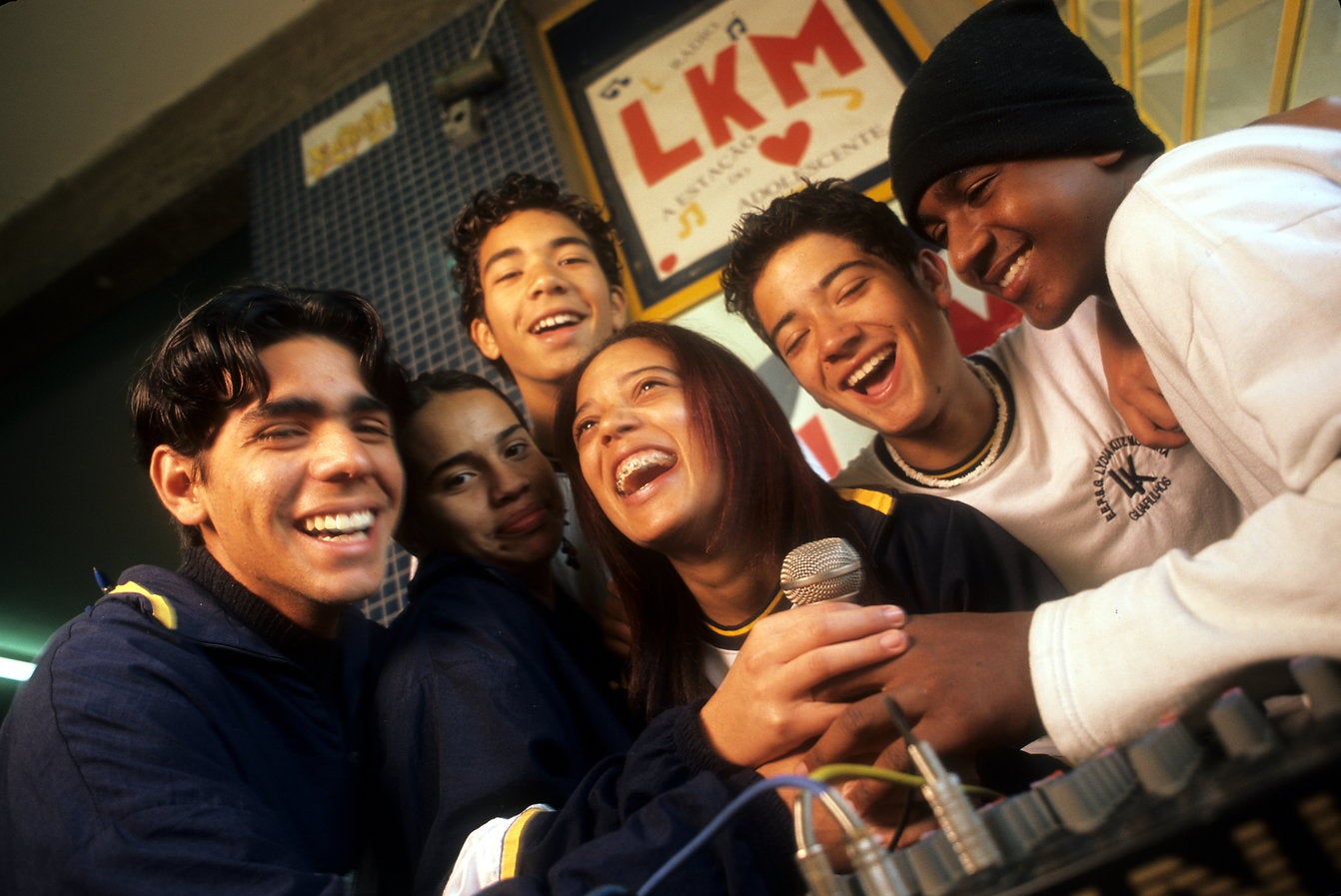Around 68% of jobs in Mesoamerica are at risk of automation by 2020. Are countries prepared to face this new challenge? And even more important, are young people trained to live with artificial intelligence and have productive lives in highly dynamic environments?
In Mesoamerica, young people represent the majority of the population (those under 19 represent more than 40%) and a good proportion of them are no longer in the education system. Approximately 36% of teens between 16 and 18 do not attend school and half of the poorest ones drop out of high school before graduating. Of the young people who drop out of school, 32% do so due to lack of interest in continuing their education.
Many of the young people who still remain in school, in addition to facing multiple social problems, have low and very unimportant lessons for their future. Proof of this is that, for example, more than half of the students have poor performance in mathematics, science and reading in tests such as PISA. In addition, half of low-income students do not have access to computers at school, indicating that they are not receiving adequate digital and computer training.
There is, however, another challenge that jeopardizes the success of young people in Mesoamerica and which is generally much less discussed. It is about the development of skills that are and will be decisive in the personal, social and work environment of the individual: socio-emotional skills [1]. Communication, teamwork and empathy are skills that are not easily replaceable by new technologies and are very valuable in responding to changing contexts.
To better understand the scope of these skills, let’s imagine two young people with similar socioeconomic and family conditions: both have lacked appropriate technical training, but one has received training in socio-emotional skills. If they manage to complete their secondary education, both will have the same degree and will face the same challenges: economic problems to continue their education, difficult entry into the labor market, among others. What will differentiate them is that, the one who managed to develop socio-emotional skills, will possibly have a growth mindset that will allow him to adapt to various conditions and seek opportunities to prosper.
According to employers, in Mesoamerica, young people have not yet adequately developed this type of skills. Moreover, according to a recent publication, the levels are much lower for young people who neither study nor work (NiNis), that is, they are not exposed to any type of preparation in this area. In the subregion, 18% of young people are NiNis, and eight out of ten in this situation are women, who perform unpaid tasks in their homes (See more at CIMA).
These skills also have effects on well-being, as they are related to self-esteem and interpersonal relationships. For those who fail to develop these skills, progress in the workplace may be more difficult and frustrating; but additionally, they are likely to feel less motivated and self-limited.
Given this, some countries in Mesoamerica are already incorporating the development of these skills in schools. For example, the Construye T program and the Aulas En Paz program have been implemented in Mexico. Likewise, private initiatives such as ¡Supérate! in El Salvador and Panama and Tools For Youth in El Salvador that work, on a smaller scale, are training teens in digital issues, but also include the development of socio-emotional skills as a key component.
The results of these initiatives are very stimulating. To mention a few: 97% of graduates of Supérate! have continued their higher education higher education and more than 25% are working; 95% of its beneficiaries do not engage in risk situations and 65% participate in extracurricular activities. Additionally, Aulas en Paz shows a decrease in violent behaviors in the intervened students and an improvement in the school climate.
In the future, although it is not known with certainty which technical or digital knowledge will be the most essential, it is certain that creative and empathic individuals will continue to be needed, which are part of the positive transformation of the world. Citizens will need to adapt and innovate to lead productive and full lives. Therefore, it is vital that the educational offer is designed so that children and young people are trained in skills that are central to their development, flexible to different environments and transversal to various areas of life.
If you are interested in knowing more about the pending challenges in education in Mesoamerica and knowing more indicators about Mesoamerica and the region, enter CIMA.
[1] They are life tools that allow us to identify and regulate our emotions, understand those of others, show empathy, develop and maintain positive relationships, establish positive goals and make responsible decisions (CASEL, 2019)
Entry by Eleno Catro and Karla Ábrego

